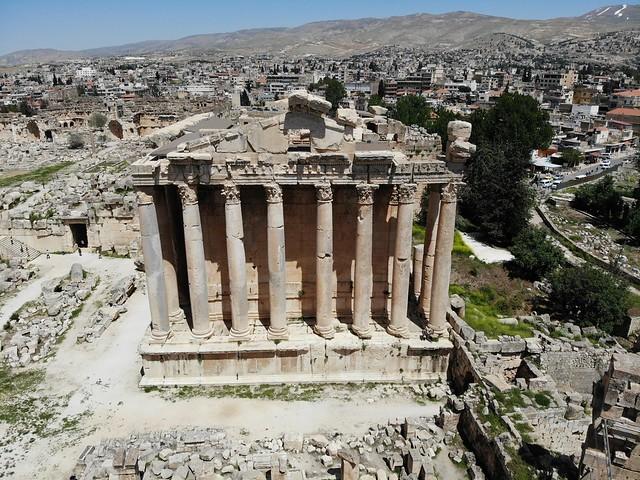Jbaïl
Overview
Historical Significance
Jbaïl, also known as Byblos, is one of the oldest continuously inhabited cities in the world, with a history that stretches back over 7,000 years. This UNESCO World Heritage Site is believed to be the birthplace of the Phoenician alphabet, which greatly influenced the development of written communication in the ancient world. The ancient ruins scattered throughout the city, including the impressive Crusader Castle and the remnants of Roman temples, allow visitors to walk through history. As you stroll through the narrow, winding streets of the old town, the echoes of past civilizations come alive, offering a glimpse into the rich tapestry of cultures that have thrived here.
Cultural Atmosphere
The atmosphere in Jbaïl is a harmonious blend of ancient history and vibrant modern life. The city is characterized by its charming souks (markets), where artisans display their handmade crafts, and the aroma of traditional Lebanese cuisine wafts through the air. The local people are known for their hospitality, often eager to share stories about their heritage and the significance of their city. Festivals and cultural events, such as the annual Jbaïl International Festival, celebrate music, dance, and art, drawing both locals and tourists to partake in the festive spirit. Visitors can also explore art galleries and workshops where contemporary artists are inspired by the city’s rich history.
Natural Beauty
Nestled between the Mediterranean Sea and the stunning backdrop of the Lebanese mountains, Jbaïl boasts breathtaking coastal views. The sandy beaches and crystal-clear waters invite travelers to relax and unwind, while the surrounding hills offer opportunities for hiking and exploration. The nearby Jbaïl Castle, perched on a hill, provides panoramic views of the city and the coastline, making it an ideal spot for photography enthusiasts. The natural beauty of the region enhances the allure of this ancient city, making it a perfect destination for those seeking both adventure and tranquility.
Local Characteristics
Jbaïl is known for its vibrant culinary scene, where traditional Lebanese dishes are served in charming restaurants and cafes. Don’t miss the opportunity to savor fresh seafood, grilled meats, and local delicacies such as tabbouleh and kibbeh. The city’s rich agricultural heritage is reflected in its abundance of fresh produce, which is often showcased in local markets. Additionally, the city is home to a variety of shops selling unique souvenirs, from handcrafted jewelry to traditional textiles, perfect for travelers looking to take a piece of Jbaïl home with them.
Religious and Cultural Diversity
Jbaïl is a melting pot of religious and cultural diversity, with a harmonious coexistence of Christian and Muslim communities. This is evident in the city’s architecture, where ancient churches and mosques stand side by side, reflecting the city’s long-standing tradition of tolerance and respect. Visitors can explore historical religious sites, such as the ancient St. John the Baptist Church and the nearby Al-Mina Mosque, which offer insights into the city’s multifaceted identity. This rich cultural fabric is a source of pride for the residents and adds to the unique charm of Jbaïl.
Jbaïl invites travelers to immerse themselves in its vibrant history, rich culture, and stunning landscapes, creating an unforgettable experience that resonates with the essence of Lebanon.
Other towns or cities you may like in Lebanon
Explore other cities that share similar charm and attractions.



